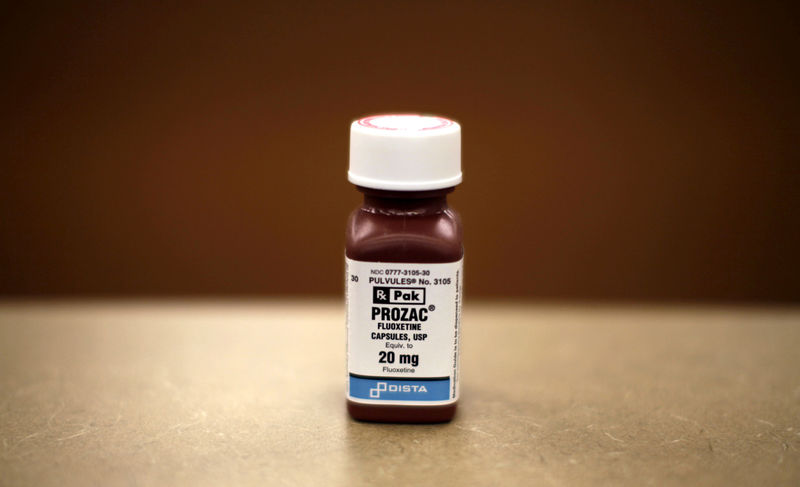Marvell completes memory interoperability testing for CXL controllers
Investing.com -- Shares of Novo Nordisk (CSE:NOVOb) climbed over 2% on Monday after new real-world data showed its obesity drug Wegovy (semaglutide) 2.4 mg reduced the risk of major cardiovascular events more than Eli Lilly’s rival therapy tirzepatide.
The data, presented at the European Society of Cardiology Congress 2025 in Madrid, came from the STEER study, which compared the two medicines in people with overweight or obesity and established cardiovascular disease who did not have diabetes.
According to the study, Wegovy was linked to a 57% greater reduction in the risk of heart attack, stroke and death from any cause compared with tirzepatide, in patients who remained on treatment with no gaps longer than 30 days.
There were 15 such cardiovascular events, or 0.1%, recorded in patients taking Wegovy, compared with 39 events, or 0.4%, among tirzepatide users.
The average follow-up was 3.8 months for the Wegovy group and 4.3 months for the tirzepatide group.
In all treated patients, regardless of treatment interruptions, Wegovy showed a 29% risk reduction for heart attack, stroke and death from any cause compared with tirzepatide.
During an average follow-up of 8.3 months for Wegovy and 8.6 months for tirzepatide, 56 cardiovascular events, or 0.5%, occurred with Wegovy, compared with 83 events, or 0.8%, with tirzepatide.
The findings add to evidence that the cardiovascular benefit is specific to semaglutide.
Researchers noted that while real-world data can provide important insights, limitations include the short follow-up period, the use of administrative claims data and the possibility of unmeasured confounding factors.
The STEER study used the U.S. Komodo Research database, analyzing outcomes in 10,625 patients treated with Wegovy and 10,625 patients treated with tirzepatide.
The primary outcome was the risk of major adverse cardiovascular events, including heart attack, stroke, hospitalization for heart failure, coronary revascularization and death from any cause.
Semaglutide injection 2.4 mg carries a boxed warning about possible thyroid tumors, including cancer, and should not be used in patients with a personal or family history of medullary thyroid carcinoma or Multiple Endocrine Neoplasia syndrome type 2.
The most common side effects include gastrointestinal issues such as nausea, vomiting, diarrhea and constipation.
